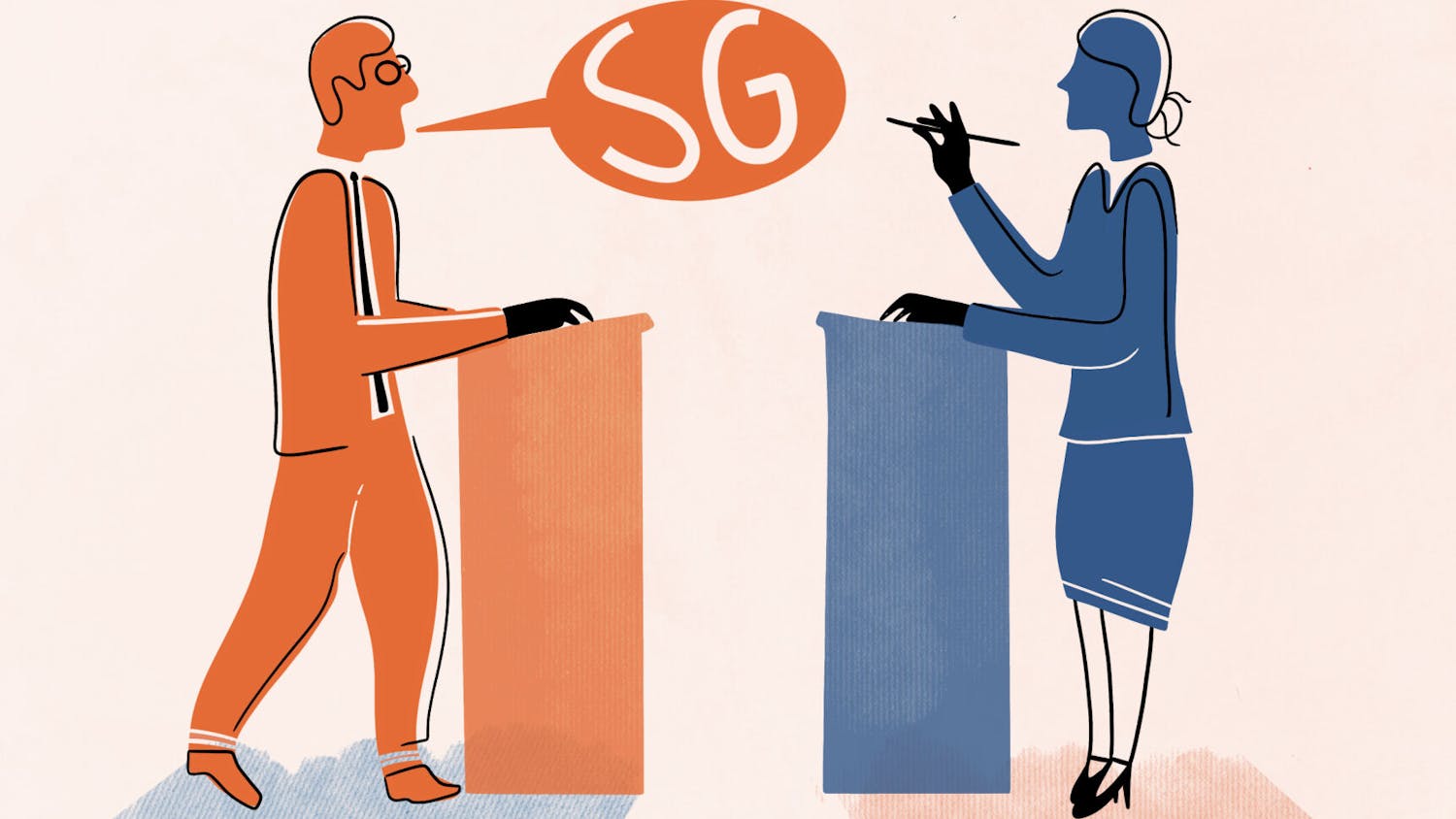President Donald Trump withdrew from the Paris climate agreement last week in a move that set the U.S. apart from nearly every country in the world. The left responded with its usual rage and hysteria. Fareed Zakaria declared that the withdrawal was “the single most irresponsible act that this president has taken” and that “the United States resigned as the leader of the free world.” Many others echoed his claims. Statements like these mirror the left’s typical hyperbole when any political move doesn’t reflect the liberal agenda, especially on the ever sensitive issue of climate change.
Fortunately for Americans, Trump was well aware of the multiple shortcomings of the agreement before he took office and actively campaigned against it, which makes the recent hand-wringing somewhat disingenuous. The only legitimate criticism of this decision was voiced long before Trump took office. Since the agreement was reached in September 2016, climate activists have advocated for it to be confirmed by the Senate and made an international treaty, and thus not undone should a Republican be voted into office. If former President Barack Obama were as serious about climate change as he claimed, he would have followed these climate activists’ advice. Instead, he elected to deprive the Republican-majority Senate of the opportunity to reject the agreement, gambling on the outcome of the 2016 election. His bad bet gave Trump the ability to cancel the agreement with no more than the same fountain pen by which Obama accepted it. Notwithstanding the left’s attempt to make an issue over it, the agreement had no popular mandate and nothing to make it a lasting part of Obama’s ever dwindling legacy.
While the Paris climate agreement had its own legislative shortcomings, its substance is even worse. The agreement would largely have been a symbolic measure; each country involved was only willing to acknowledge the issue of climate change but not actually do anything about it. Current predictions for the agreement show it would do almost nothing to change average global temperatures. If all 178 signatories to this 14-year nudum pactum (which means bare or naked promises in Latin) abide by all of the voluntary measures (which would be a first in world history) for the next century, the UN climate prediction model estimates the global temperature would be decreased by only .3 degrees Fahrenheit. Not only are the returns infinitesimal compared to what climate activists desire (usually 2 degrees Celsius), but the agreement will cost the world an estimated $1-2 trillion a year according to the Stanford University Energy Modeling Forum. While the deal itself would have obviously been costly and ineffective, none of these reasons are the principal reason Trump cited for withdrawing.
Trump, with his “America First” policy, recognized that the objectives of the agreement would be achieved largely at the expense of U.S. interests. All 178 countries in the agreement were able to set their own goals for reducing carbon emissions, one of which will not begin until the agreement is close to expiration (China) and one which relies on $2.5 trillion in U.S. aid (India), according to Environmental Protection Agency administrator Scott Pruitt. At the same time, the U.S., which had already made double digit carbon dioxide reductions over the last decade, would have to further reduce carbon emissions by 26 to 28 percent, an extremely costly venture that would only accelerate the death of the coal industry, one of Trump’s most loyal constituencies. These patently unequal terms raise the question of why anyone would agree to a deal so counter to U.S. interests.
Thankfully, Trump was unwilling to bind our country to such an unfavorable deal and withdrew the U.S. from the Paris climate agreement before it could weaken our economy. Going beyond his campaign rhetoric, Trump has offered to renegotiate the agreement’s terms to combat climate change without unfairly burdening Americans. His greatest obstacle is a Democratic Party unwilling to work with him on or agree with him about anything.
Jack Story is a UF graduate. His column appears on Tuesdays.





